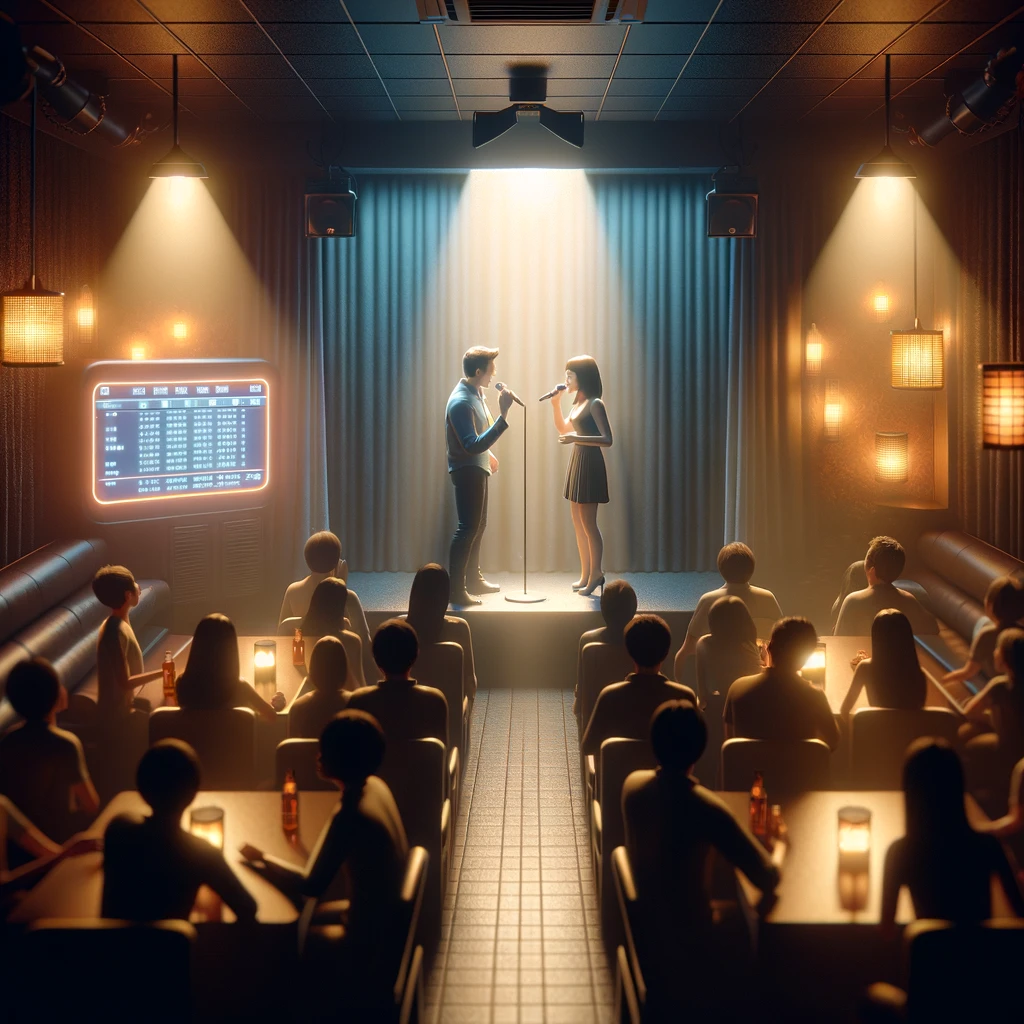Who doesn’t love a fun night out enjoying karaoke? How many of us, however, know where the idea for karaoke came from, or who invented it? Now we will, as the inventor of the original idea for karaoke has died, and his legacy is being revealed.
The invention of the karaoke machine traces its origins to 1967 with Shigeichi Negishi’s pioneering “Sparko Box” in Japan. This early prototype, among the first to allow singers to accompany pre-recorded music with their own vocals, started the onset of Japan’s karaoke craze. Negishi, an entrepreneur who initially ran a company assembling car stereos, innovated by connecting a microphone to a tape deck, inspired by a singalong radio show popular at the time.

Negishi’s creation was first tested with an instrumental tape of the 1930s song “Mujo no Yume” by Yoshio Kodama. The success of these initial experiments led to the commercial production of the Sparko Box, which Negishi sold alongside lyric cards. About 8,000 units were installed across Japan, predominantly in bars and restaurants, introducing a novel entertainment mode that encouraged social singing in public venues.
Although Negishi stopped producing the Sparko Box in the 1970s, the concept had taken root. Competitors soon entered the market, including musician and businessman Daisuke Inoue, who is often credited with commercializing the technology with his 8 Juke machine. The 1970s saw a proliferation of karaoke machines, none of which were patented, leading to widespread production by various electronics manufacturers.
By the 1980s, the trend had evolved into “karaoke boxes,” private singing rooms that became more popular than traditional bar setups in Japan. This format, along with later innovations like video karaoke and networked systems, helped spread karaoke throughout Asia and eventually worldwide. Today, Japan alone hosts over 8,000 karaoke box venues, with a combined market value exceeding 387.9 billion yen ($2.6 billion) in 2022, according to the All-Japan Karaoke Industrialist Association. This enduring legacy of the karaoke machine showcases its transformative impact on global entertainment.
